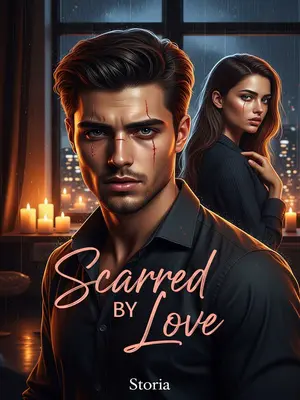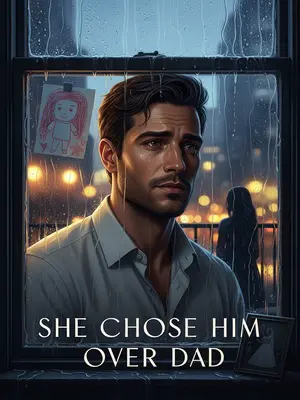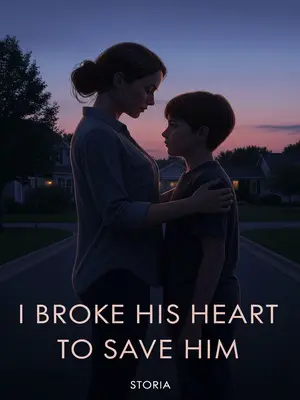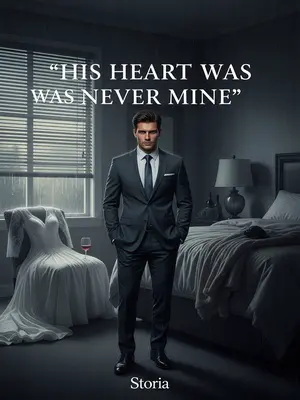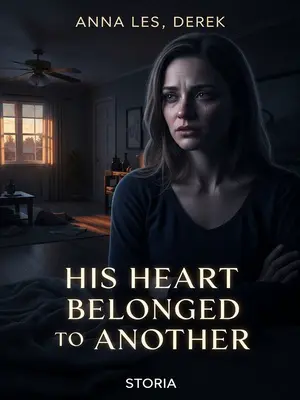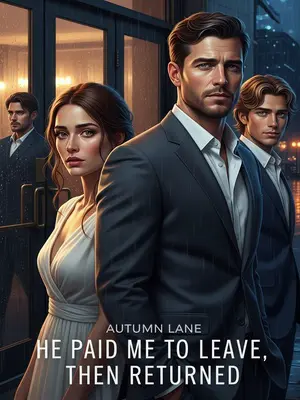Chapter 3: The River’s Bargain
The day she died, I met Mr. Whitmore.
It was raining, the kind of Southern downpour that soaks you to the bone. I sat by her bedside, holding her hand as her breath grew shallow. When it was over, I felt hollow. Like the tide had gone out and left me stranded. That night, the world shifted.
He was seventeen that year, on a state visit to Savannah. That night, the county commissioner threw a banquet for him on a paddleboat, inviting him to enjoy the nightlife along the river.
He looked out of place among the laughter and music. His suit was too crisp. His gaze, too serious. The commissioner slapped him on the back, urging him to relax, but Mr. Whitmore just nodded politely, his eyes scanning the river as if searching for something he’d lost.
As his paddleboat passed the riverboat, the boatman was about to carry my mother’s body away.
I heard their voices from the dock, the scrape of a stretcher against the wood. My mother’s body was wrapped in a faded quilt, her face peaceful at last. The boatman’s hands were rough, but he was gentle as he prepared to lift her.
I ran to the bow, threw myself over my mother’s body, and sobbed. Two deckhands caught up—one grabbed my hands and feet, the other yanked my hair, trying to drag me back.
Their grip was cruel, their voices sharp with impatience. I kicked and screamed, desperate not to let go. The river’s current seemed to echo my grief, the water churning beneath us.
Inside the cabin, the man who’d paid for my first night was already shouting.
His words were slurred, ugly, promising pain if I didn’t obey. The other women looked away, pity and fear mixing in their eyes. I felt small, powerless, like a child again.
A stack of bills landed on the riverboat’s deck. "I’ll take this girl."
The money hit the planks with a slap, silencing the chaos. Heads turned, eyes wide with surprise. No one argued—not with that kind of cash on the table.
I looked up and saw, under the hazy moonlight, a young man with a face like a marble statue standing at the bow of the paddleboat.
His hair was dark, his jaw set, and there was a kind of sadness in his eyes that made me trust him, even though I barely understood why. He nodded once, and the men let me go.
He took me back up north and gave me to Mrs. Whitmore as a housemaid.
The journey was quiet, the road winding through fields and forests. He spoke little, but when he did, his words were gentle. When we arrived at the estate, he handed me over to Mrs. Whitmore, his expression unreadable.

